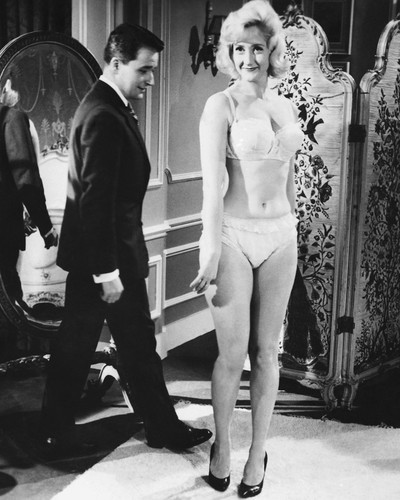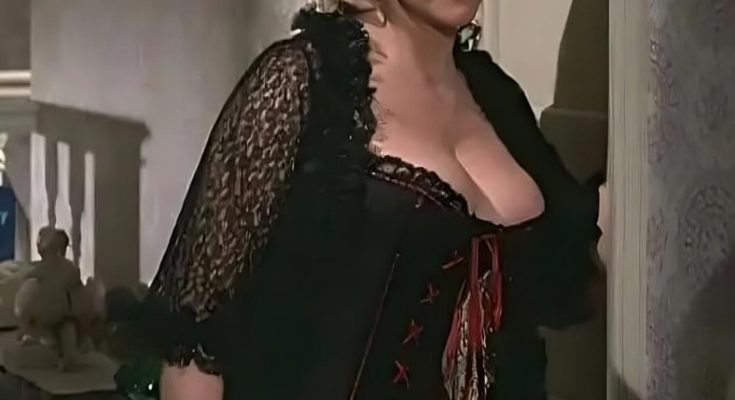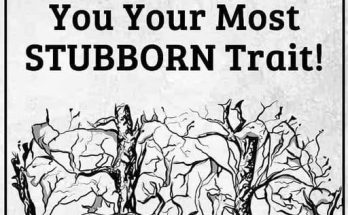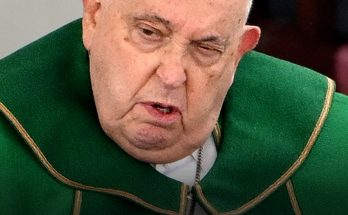Liz Fraser, born Elizabeth Joan Winch on August 14, 1930, was a talented British film and television actress renowned for her roles in cheeky comedy films and her unforgettable contributions to the Carry On franchise. Her career spanned over six decades, showcasing her versatility, wit, and undeniable charm. While she became synonymous with glamorous and provocative roles, her impact on British entertainment was far-reaching and enduring.

A Modest Start to Stardom
Liz Fraser grew up in Southwark, London, above her family’s corner shop. After losing her father at the young age of 11, Fraser’s mother ensured she received a solid education, even securing her a place at a grammar school. Liz’s passion for acting emerged early, leading her to train at the London School of Dramatic Art. Initially working in repertory theatre and secretarial jobs, she gradually transitioned into the world of film.
Fraser’s first screen appearance was in Touch and Go (1955), where she used her birth name. However, her breakthrough came with I’m All Right Jack (1959), where she starred as Cynthia, the naïve daughter of Peter Sellers’ character. This role not only earned her a BAFTA nomination for Most Promising Newcomer but also solidified her reputation as a talented actress with impeccable comedic timing.
The Carry On Years and Comic Iconography
Fraser is perhaps best remembered for her roles in the iconic Carry On film series. She brought a mix of glamour, humor, and relatability to her characters in films such as Carry On Regardless (1961), Carry On Cruising (1962), and Carry On Cabby (1963). Her performances as the glamorous blonde often added a cheeky yet endearing dynamic to the franchise’s comedic formula.
However, her journey with the series wasn’t without controversy. After a casual comment suggesting that the series could benefit from better marketing reached producer Peter Rogers, she was abruptly dismissed. Despite the fallout, Fraser returned to the series over a decade later in Carry On Behind (1975), albeit at a reduced salary. Her resilience and dedication to her craft were evident as she continued to shine despite setbacks.

Beyond the Carry On Series: Versatility on Screen
Fraser’s filmography extends far beyond the Carry On films. She appeared in a wide variety of projects, demonstrating her range and depth as an actress:
- Comedies and Romances: Fraser’s natural charisma made her a standout in films like Two-Way Stretch (1960) and Double Bunk (1961), both featuring her alongside Peter Sellers. These roles highlighted her ability to balance humor with a touch of sophistication.
- Dramas and Thrillers: Fraser proved her dramatic chops in films such as The Painted Smile (1962) and Up the Junction (1968). These performances showcased her ability to tackle complex characters with authenticity.
- Television Appearances: Her extensive work on British television included appearances in popular series like Hancock’s Half Hour, The Avengers, Randall and Hopkirk (Deceased), and The Professionals. Her guest roles in these series often left lasting impressions on viewers.

A Scene-Stealer on Radio and Stage
Fraser’s talent extended to radio, where she starred in the sitcom Parsley Sidings (1971–1973) alongside Arthur Lowe and Kenneth Connor. Her comedic timing and ability to bring characters to life translated seamlessly across mediums.
On stage, Fraser demonstrated her theatrical range, earning praise for her performances in both comedic and dramatic roles. Her commitment to her craft was evident in every performance, whether in front of a camera or a live audience.
A Resilient Spirit in the Face of Challenges
Despite her on-screen success, Fraser’s career wasn’t without challenges. After being dismissed from the Carry On series, she faced professional and financial obstacles. However, Fraser was savvy with her finances, managing her own investments and building a robust property portfolio. Unlike many contemporaries, she remained financially secure and even helped friends like Joan Sims during difficult times.
Fraser’s personal life also had its share of ups and downs. She was married twice—first to Peter Yonwin, a salesman, and later to producer Bill Hitchcock, who passed away in 1974. Despite these challenges, Fraser maintained her characteristic optimism and charm.

A Legacy of Laughter and Warmth
Liz Fraser’s impact on British entertainment cannot be overstated. While she may not have reached the same level of fame as some of her Carry On co-stars, her contributions to the world of comedy remain timeless. Her ability to balance glamour with genuine comedic talent made her a unique and cherished figure in the industry.
In her later years, Fraser remained a familiar face, making guest appearances in beloved series like Last of the Summer Wine and Midsomer Murders. She was also interviewed for the ITV documentary Carry On Forever (2015), where she reflected on her incredible career.
Conclusion: Remembering Liz Fraser’s Enduring Charm
Liz Fraser’s life and career were a celebration of talent, resilience, and authenticity. From her early days in repertory theatre to her iconic roles in British cinema and television, she consistently brought humor and heart to her performances. As a trailblazer for comedic actresses, Fraser’s legacy continues to inspire and entertain audiences worldwide.
Her ability to bring joy to others, both on and off-screen, solidifies her place as a true icon of British entertainment. Liz Fraser may be gone, but her unforgettable performances ensure she will never be forgotten.



